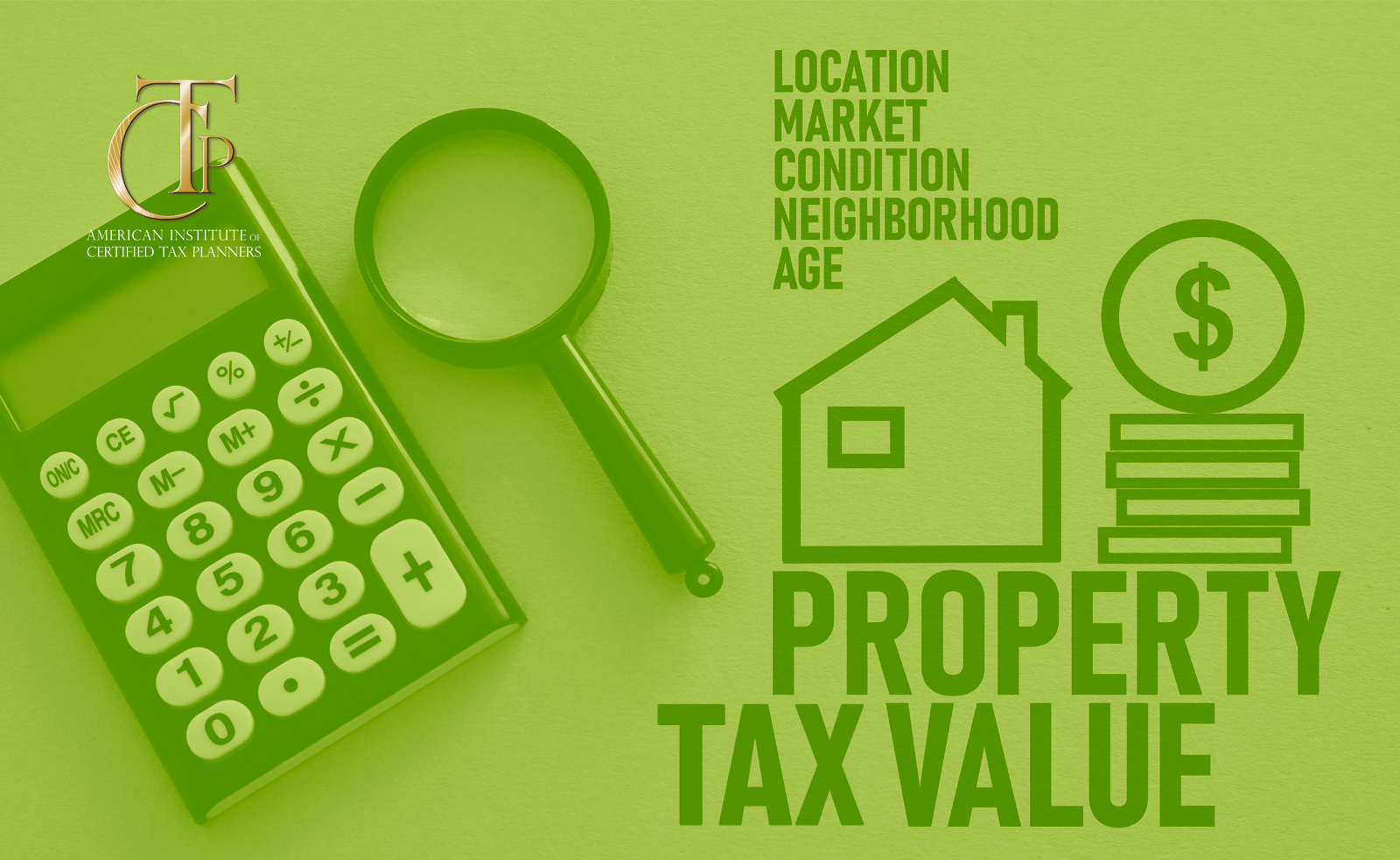News headlines are making it clear that homeowners across the country are experiencing similar pains—a dramatic rise in their latest property tax bills. The average property tax bill in 2023 was $4,061, which amounts to a property tax rate increase of 6.9%, twice as much as the previous year. When clients come to you asking for help lowering their tax bill, do you know what your options are when it comes to property taxes?
Residential property taxes are based on the assessed value of a given property. In many jurisdictions, an assessment is done each year, although this will vary by area. The factors that go into a property valuation will also vary depending on where the taxpayer lives. Sometimes this will simply be the same as the fair market value—the price that similar properties sold for that year. Other times, the value might be determined by multiplying the fair market value by a specific assessment rate. The valuation may also take into consideration the property’s age, construction type, location, and size.
The complexity of the property valuation process can work in the taxpayer’s favor when it comes to challenging the assessment. Estimates suggest that less than 7-8% of people challenge the assessed value for their property, but as much as 50% of all property in the U.S. is over-assessed. This presents a prime opportunity for you as a tax professional to provide additional services to over-taxed homeowners. Since this service is not included under Circular 230, we can actually charge contingency fees, which could make this a profitable addition to your offerings once you’re familiar with the process of preparing an appeal.
Why Might a Property Be Over-Assessed?
The taxpayers you work with likely know very little about how their property tax is assessed, unless they happen to be a real estate appraiser. Most taxpayers will assume that an assessment is fair if it’s below current fair market value. However, this is not necessarily a reliable rule of thumb. Instead, you want to look for something called equitability. A property should be valued equitably with similar type properties within the same taxing jurisdiction.
How can you tell whether a property has been valued equitably—or conversely, what might result in an over-assessment? First, certain types of property tend to see a higher percentage of over-assessments. For instance, property that goes into foreclosure or is found through a property tax sale tends to be over-assessed. There are a number of reasons why this may happen. Assessors might be using outdated statistics or data. In the case of inflation or when real estate costs in an area are rapidly rising, the assessor’s office may impose an adjustment upward, but if costs dip or economic conditions stabilize, they don’t often impose an adjustment downward in-kind. This can result in properties being over-assessed.
In other cases, assessors may not factor in the most recent changes that could impact a property’s appeal. If the state of a property or its location is declining in market appeal, this can be sound rationale in arguing for a lower valuation. A valuation could also be adjusted based on the number of vacant properties that currently exist in that area. For example, more and more people have been leaving the state of Florida recently because of skyrocketing homeowner’s insurance, resulting in higher numbers of vacant properties—which also means lower property values.
The state of the property itself is also a factor. If a house has a dilapidated roof, the valuation should be adjusted down because that will affect the price the home can get on the market. If assessors are looking at “comparable” properties with much newer roofs, this could skew the perception of how much your specific property is worth. Similarly, there may be details that were not considered in the valuation like if your property is located next to a major noisy highway. That would lower your valuation compared to similar properties.
You can begin to see that preparing for an appeal will involve familiarizing yourself with the details of your client’s property valuation and the valuation on comparable properties recently sold in the same area. Our next blog will go into the steps for obtaining and analyzing property valuations, but once you have collected this information, you might notice something on your client’s valuation was grossly misstated. For instance, most of the value tends to be in the land, so we would expect that number to be higher than the number for improvements. If it’s the other way around, you will want to look into that and see how the breakdown was handled for similar properties. Any proven discrepancies could help in the appeal process.
Summary
Property tax assessments are much more complex than meets the eye when you consider all the different reasons a home may be over-assessed. The process of making an appeal may seem layered at first, but the work is well worth it if it results in a reduced property tax bill. Having a professional to take on the research and documentation process can be a huge relief to your clients and a surprisingly light lift for you, especially if you’ve had the right training. To learn more about the property tax assessment and appeal process, sign up to become a Certified Tax Planner today.





